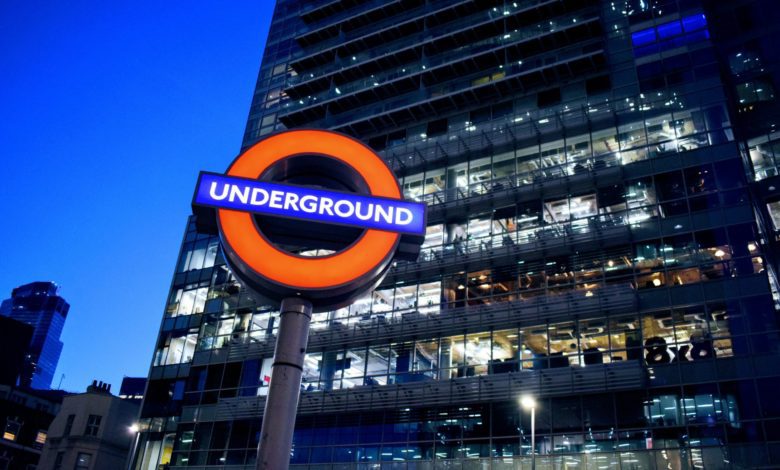Will train strikes affect the hospitality industry this Christmas?
Train strikes by the RMT and Aslef unions have wreaked havoc on the hospitality industry since they began last year but now there may be light at the end of the tunnel for all parties

Last week the National Union of Rail, Maritime and Transport Workers (RMT) announced that it had signed a Memorandum of Understanding with the Rail Delivery Group (RDG) which sets out a process for a mutually agreed way forward.

